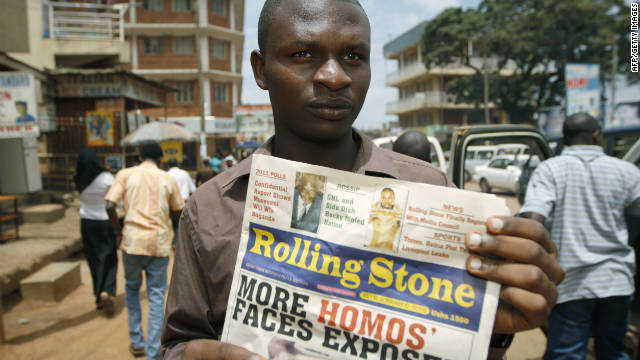By: Jessica Ties
Impunity Watch Reporter, Asia
MANILA, Philippines – The Philippine government is being pressured by rights groups to end the conducting of military practices on school grounds.

In an investigation lasting little over a week on northern Luzon island, Human Rights Watch found five cases since 2009 in which schools were being used simultaneously as educational institutions and as military barracks or military.
According to the investigation’s findings, the use of schools lasted anywhere from three months to over a year.
Over twenty principals, teachers and officials were interviewed during the course of the investigation and many expressed significant concern for the danger that the military use could potentially bring to school children.
In addition to the potential conflict between the Philippine government soldiers and the communist insurgents, many of those interviewed also fear that the government soldiers will act inappropriately around or toward the students.
One teacher states that, “[Soldiers] staying there is a big threat. They just leave arms lying around and you know that kids may play with them.”
Other teachers complained that the presence of the soldiers also distracts students from their learning and causes students to be exposed to alcohol and pornography while at school.
During an investigation of Gueday Elementary School, Human Rights Watch discovered that troops had occupied a building on the school and used it to store their weaponry. In addition, the soldiers were known to ask the children to run errands for them and one occasion a soldier threatened to shoot a child who he believed had returned the wrong change.
At another school, Sadanga National High School, soldiers were forced to walk or drive their military vehicles through the school to reach their encampment. The only access road to the school was overlooked by a sentry and according to school personnel, at one time there was a sentry stationed at the school’s only entrance.
Despite concerns about soldier occupation, there have also been reports of positive results from soldier occupation. For example, one school reported receiving a health center while another school reported that soldiers installed a basketball hoop, led morning exercises for the children and cut their hair.
Conflict between the Philippine government has lasted for over forty years and has led both sides to guilty of violating the laws of war.
The use of schools for military purposes is a violation of both Philippine law and international law. Military use of schools was banned by the Philippine government in 1992 after reports of abuse.
The laws of war forbid the attacking of a school unless the schools are being used in the military effort. In addition, the distraction caused but he soldiers have led to concerns that the children’s right to education is also being violated by the military presence.
For more information, please see:
Philippine Daily Inquirer – Gov’t Urged to Stop Soldiers from Using Schools as Barracks – 3 December 2011
Reuters – Philippines Must Stop Using Schools as Military Bases – Rights Group – 1 December 2011
Human Rights Watch – Philippines: Soldiers on the School Grounds – 30 November 2011


